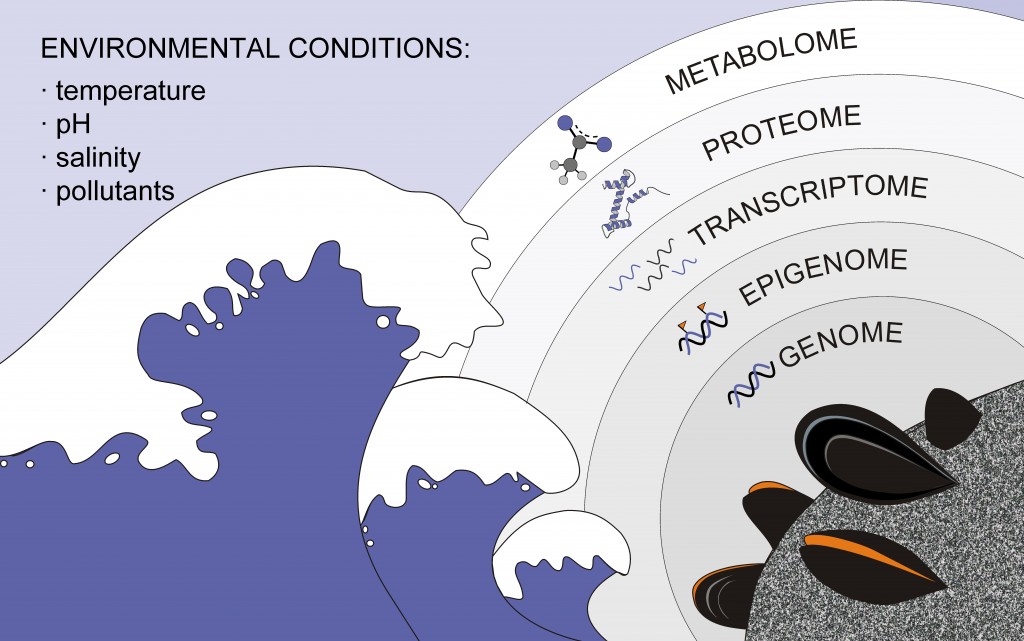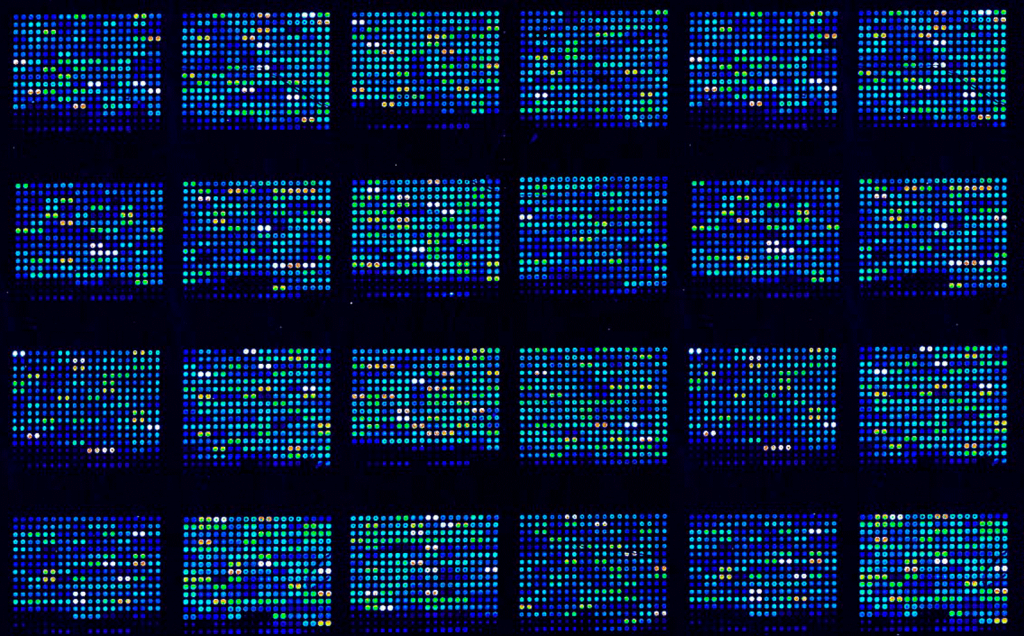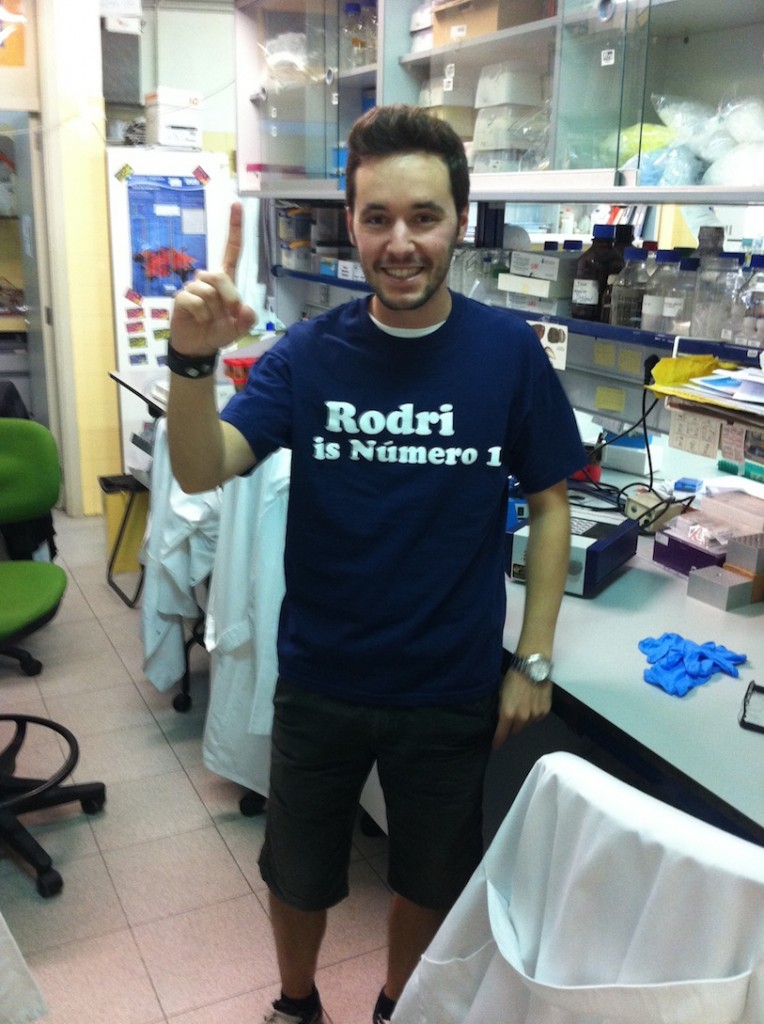Environmental application of the “omic” study of marine organisms
Posted by Chromevol | Chromatin, Histones, Molecular biology, Omics, Research | No CommentsOur latest work entitled “Bivalve omics: state of the art and potential applications for the biomonitoring of harmful marine compounds” has been published last week in the journal “Marine Drugs”. This work is part of Victoria Suarez-Ulloa’s Ph.D. project, and aims to provide a timely perspective on the available resources and on the current and prospective applications for the biomonitoring of harmful marine compounds.









